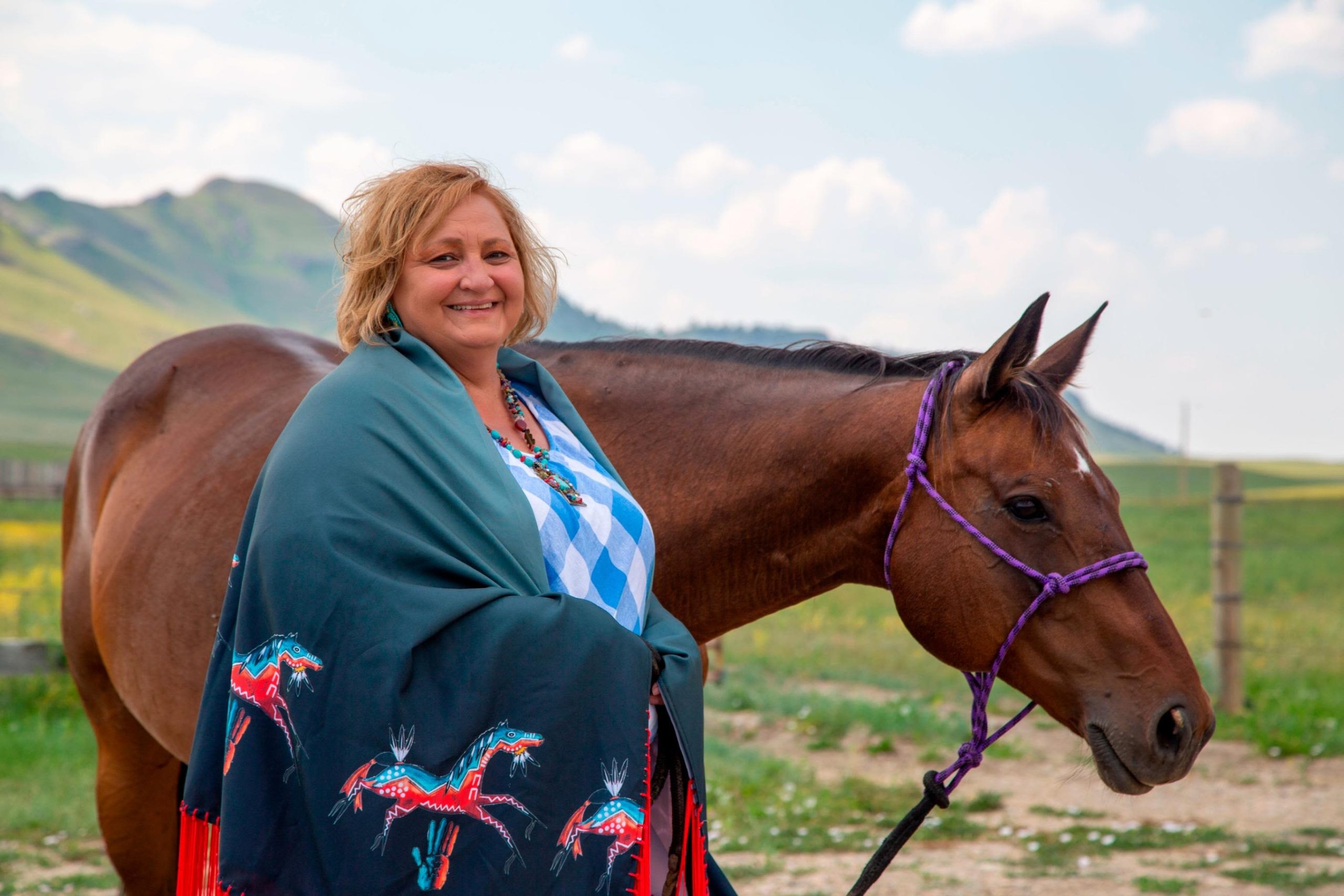Podcast: Play in new window | Download | Embed
Lake County says it will no longer provide law enforcement services on Northwest Montana’s Flathead Reservation.
Montana Public Radio’s Aaron Bolton reports the decision follows a recent court ruling.
Lake County commissioners say the state should pay the county for law enforcement services on tribal lands, but a judge ruled earlier this month that the state isn’t required to do so.
Lake County commissioners last week sent a letter to Gov. Greg Gianforte (R-MT) reiterating the county will no longer oversee felony cases on the reservation.
Commissioners issued a resolution to withdraw from the decades-old agreement with the state and Confederated Salish and Kootenai Tribe (CSKT) earlier this year.
State law required Gov. Gianforte to recognize the decision by Nov. 26.
The state will eventually take over law enforcement services.
County commissioners have long argued that the county doesn’t have the tax base to pay for law enforcement on tribal lands.
Lawmakers this year passed a law allocating $2.5 million annually to Lake County, but Gov. Gianforte vetoed the bill.
Gov. Gianforte’s office says it will “work with stakeholders to find the best path forward.”
CSKT declined to comment.

Courtesy CNN
A Montana woman, and member of the Gros Ventre Tribe, is one of CNN’s Top Ten Heroes for 2023.
Yellowstone Public Radio’s Orlinda Worthington shares her story.
Tescha Hawley lives near Harlem, just north of the Fort Belknap Reservation where she grew up.
It’s a remote part of northeast Montana, 40 miles south of the Canadian border.
Her journey to helping others began during a difficult time for her personally.
“Back in 2017, I was diagnosed with breast cancer. I quickly realized that our worlds don’t communicate in the same way when it comes to healthcare,” Hawley said.
The lifesaving treatment she needed several times a month was 200 miles away.
“Transportation in our community is a huge barrier.”
After her recovery, she started the Day Eagle Hope Foundation to help alleviate barriers for others.
“There was a missing link in the services between our reservation and between our community and the major hospitals in the state of Montana and I decided to really look at patient navigation and to connect these two worlds together so we could better understand each other,” Hawley said.
Hawley began the foundation with her own money during COVID-19.
She now writes grants for her foundation, and has expanded services outside of healthcare.
“I received $250,000 over the next two years to deliver non processed, traditional, organic food, from our farmers and ranchers locally. That’s both Indian and non Indian farmers and ranchers.”
When Hawley first learned she’d been named a CNN Top Ten Hero, she tried to keep it quiet.
“I just wanted to traditionally, humbly go about my business, do the work that needs to be done. And it wasn’t until they explained to me that this could expose our work to other funders, donors, which will in turn help my community. So. You know, when I win, my whole community wins.”
The hero of the year will receive a cash prize.
Voting can be found online.

Elizabeth Golodoff Kudrin and her brother, Gregory Golodoff, photographed on Atka Island, sometime between 1946-1947, after they had begun to recover from the starvation they experienced during their stay in Japan, where they were housed as prisoners of war until 1945. (Courtesy: National Park Service, University Of Washington Press, And Ethel Ross Oliver)
Memorial services are planned for Monday in Anchorage, Alaska, for Gregory Golodoff.
As KNBA’s Rhonda McBride reports, he was the last surviving prisoner of war from Attu, a small Unungan village in the Aleutians.
He was 84.
When Golodoff was a young boy during World War II, the Japanese Imperial Army captured him, along with about 40 Unangax̂’, who were sent to Japan as prisoners of war.
Only half survived. The rest were never able to return home.
The federal government decided their island was no longer fit for habitation – and that it would be too costly to rebuild the community.
Instead, the government moved them to Atka, about 500 miles to the east.
Golodoff spent most of his life in Atka.
He was living in Anchorage with his wife, when he died on November 17.
Golodoff’s younger sister, Elizabeth Kudrin, died earlier this year in February.
The two said very little about their childhood experiences as prisoners of war, except that they suffered from constant starvation.
Get National Native News delivered to your inbox daily. Sign up for our newsletter today.



